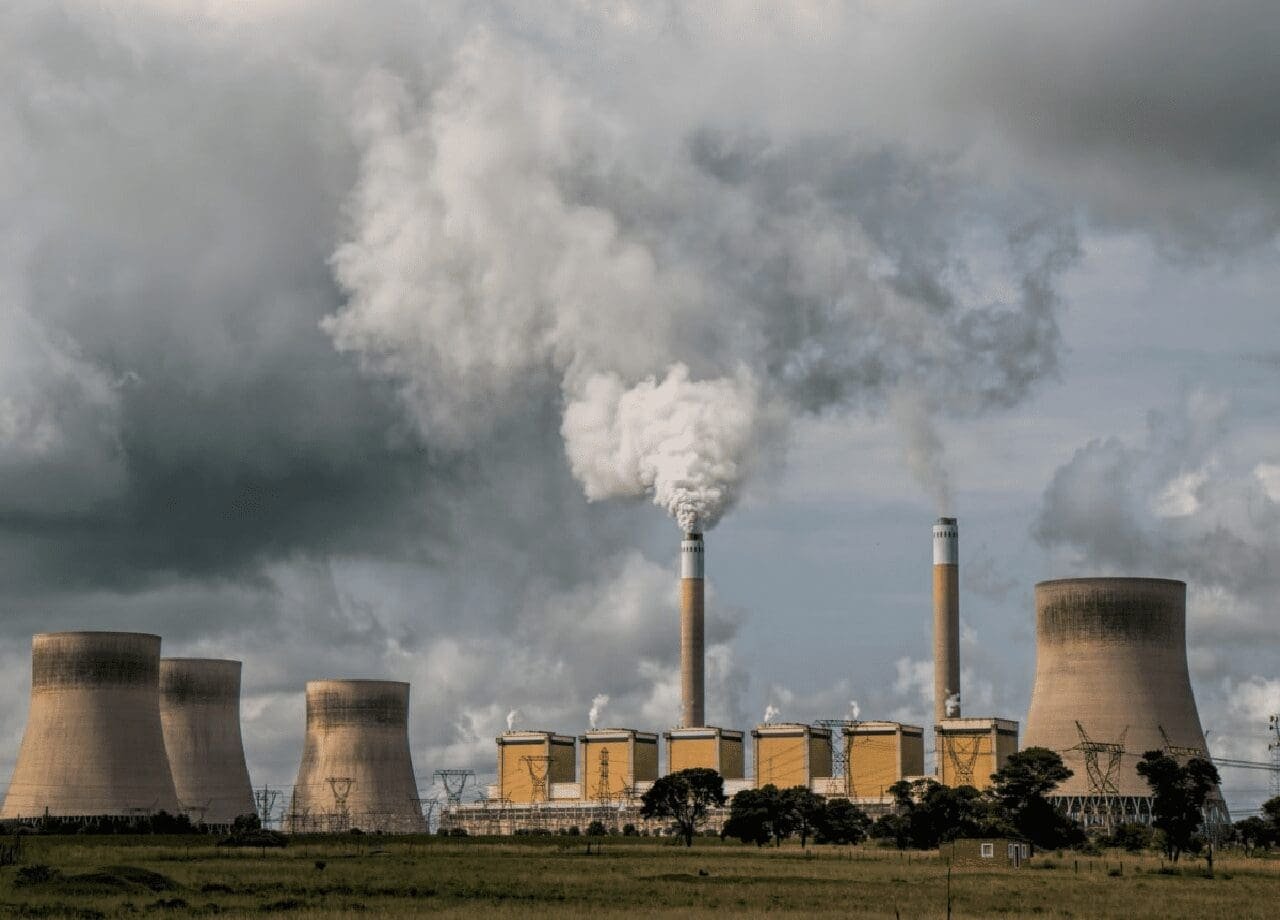Energy Experts Dismiss Trump’s Coal Executive Order as “Economically Implausible”

Table of Contents
Washington D.C., April 10, 2025 [Trump Coal Executive Order] — Former President Donald Trump signed a new executive order on Tuesday aimed at reviving coal mining and usage across the U.S., but energy experts argue that the plan is economically impractical and unlikely to reverse the coal industry’s decades-long decline.
The order, which instructs the Interior Department to reopen federal lands for coal leasing and directs the Energy Department to study the use of coal for powering AI data centers, marks Trump’s latest effort to champion fossil fuels. However, specialists say the attempt to resurrect coal as a dominant energy source comes too late in a sector already transformed by cleaner and cheaper alternatives.
Coal’s Decline Is Structural, Not Regulatory
According to data from the U.S. Geological Survey, coal usage in the U.S. is largely confined to electricity generation. However, statistics show that its dominance has waned over time. Coal powered over 40% of America’s electricity in 2011. By 2016, that share had plummeted to just 16%, and the trend has only continued.
“Coal plants are no longer economically viable, and these executive orders will do nothing to change the basic underlying market dynamics,” said Sanya Carley, Distinguished Professor at the Kleinman Center for Energy Policy, University of Pennsylvania.
Ryna Cui, Research Director at the Center for Global Sustainability, University of Maryland, echoed the sentiment:
“Why would the U.S. want to invest in a 19th-century fuel source in the 21st century? It doesn’t make good sense on so many levels.”
Renewables and Gas Have Outcompeted Coal
Experts emphasize that coal’s downfall isn’t due to regulatory burdens alone. Instead, it’s the result of economic competition from natural gas and renewable energy, which have become both cost-effective and scalable.
“The majority of coal plants are at the end of their useful life,” said Cui. “Building new ones presents enormous financial risk that the market is unwilling to take.”
Akshaya Jha, Associate Professor of Economics at Carnegie Mellon University, noted that maintaining aging coal infrastructure requires substantial investment. With no clear long-term policy guarantees, it’s economically unsound.
Environmental and Health Costs Undermine Coal Push
Beyond the economics, coal continues to be the dirtiest fossil fuel, with massive carbon emissions and health risks tied to mining operations.
“Coal power is not only expensive, it’s hazardous to health and the environment,” said Cui.
The United Kingdom, for instance, became the first major economy to eliminate coal power in 2024, setting an example for global decarbonization efforts.
“A flurry of executive orders won’t save the coal industry,” added Rob Jackson, environmental scientist at Stanford University and Chair of the Global Carbon Project.
Experts Say Utilities Won’t Buy Coal They Don’t Want
Trump’s executive order follows a series of announced EPA deregulations that aim to roll back environmental protections related to emissions and pollution. But energy specialists argue these measures won’t change market preferences.
“The Trump administration can’t force utilities to buy dirtier, more expensive fuels they don’t want,” said Jackson.
Even Trump’s suggestion to fuel AI data centers with coal is being met with skepticism.
“AI may be the future, but powering it with coal is looking backwards,” said Jha.
Industry Analysts Predict Minor Impact
While the executive order could temporarily extend the life of some existing coal plants, experts agree it is unlikely to spark new coal infrastructure investments.
“This may be a last-ditch effort to give fossil fuels a symbolic boost,” said Carley. “But the market has already moved on.”
Trump’s energy order may find support in coal-producing states, but with rising investments in solar, wind, and battery storage, analysts say the future of America’s power grid is already being reshaped.
Despite the bold rhetoric and sweeping directives of the Trump coal executive order, energy economists, policy scholars, and environmental experts remain unanimous: coal is not coming back. Its replacement by cleaner, cheaper, and safer technologies has become an irreversible trend shaped by market forces and global climate commitments.
As the world accelerates toward decarbonization, experts warn that attempting to revive coal isn’t just economically misguided — it’s environmentally regressive.
The Hindustan Herald Is Your Source For The Latest In Business, Entertainment, Lifestyle, Breaking News, And Other News. Please Follow Us On Facebook, Instagram, Twitter, And LinkedIn To Receive Instantaneous Updates. Also Don’t Forget To Subscribe Our Telegram Channel @hindustanherald









